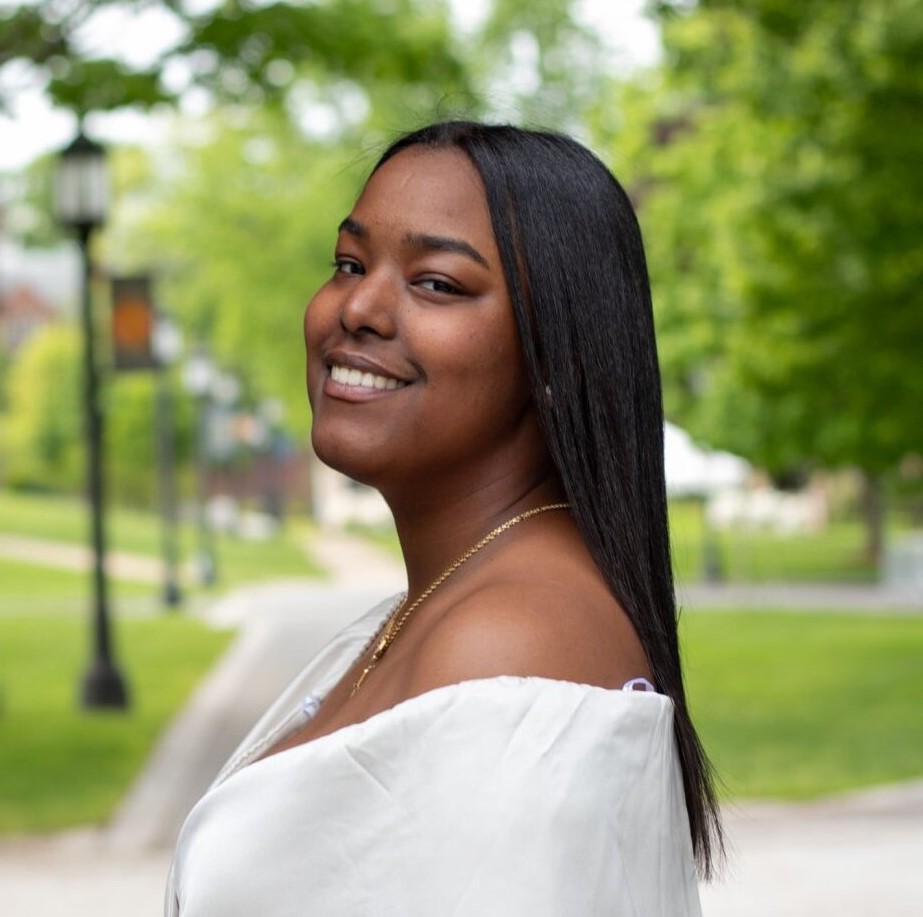 Education is ever-evolving, and sometimes students feel like they have little control over the content that they learn in the classroom. However, this isn’t the case in Social Policy and Management Through the Lens of Equity, a course that allows students to engage with topics from power, privilege, to public policy, while having an active role in shaping what the classroom looks like. Out of all the classes that I’ve taken at Heller, this one is the most unique – something that I should’ve known when the instructor, Alexandra Piñeros-Shields, assigned Bell Hooks’ Teaching to Transgress: Education as the Practice of Freedom as one of the first readings. Bell Hooks was an American writer and educator best known for her works on feminism, class, and relationships; however, in Teaching to Transgress, Hooks implores students and professors to challenge their frameworks about the education system.
Education is ever-evolving, and sometimes students feel like they have little control over the content that they learn in the classroom. However, this isn’t the case in Social Policy and Management Through the Lens of Equity, a course that allows students to engage with topics from power, privilege, to public policy, while having an active role in shaping what the classroom looks like. Out of all the classes that I’ve taken at Heller, this one is the most unique – something that I should’ve known when the instructor, Alexandra Piñeros-Shields, assigned Bell Hooks’ Teaching to Transgress: Education as the Practice of Freedom as one of the first readings. Bell Hooks was an American writer and educator best known for her works on feminism, class, and relationships; however, in Teaching to Transgress, Hooks implores students and professors to challenge their frameworks about the education system.
One particular quote that stood out to me was “empowerment cannot happen if we refuse to be vulnerable while encouraging students to take risks. Professors who expect students to share confessional narratives but who are themselves unwilling to share are exercising power in a manner that could be coercive. In my classrooms, I do not expect students to take any risks that I would not take, to share in any way that I would not share” (Hooks, 1994).
Learning in classrooms is an act of vulnerability – it takes courage to raise your hand, ask a question, and make a mistake, which is why Hooks’ writing is so important. By assigning Hooks’ as one of the first assignments, it was clear that our professor was trying to shift our paradigms of thinking. Rather than approach the classroom with anxiety, students enter the classroom at an equal level as the professor and TAs, and are encouraged to step into their power.
This reading has not only transformed how I interact in classroom settings, but has encouraged me to step into power and become more empowered in decision making about my career. I’ve noticed that I’ve been applying to jobs that I would typically avoid, and that I’m signing up for more networking events and conferences in the Boston area. I’m doing things that are out of my comfort zone, and I’m enjoying the process.
At Heller, students will learn theoretical knowledge, but it’s important that theory meets practice. All of the lessons I’m learning in the class can easily be applied to the “real world” and will advise me during the practicum experience and further.
